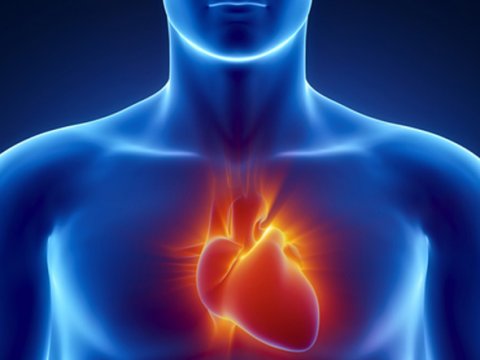Cholesterol - Is it really the villain of human health?
June 15, 2014 | by kate | 0 comments
Cholesterol has had a bad wrap for too long. Is it really the villain of human health? I turned to a book I read called, 'Fats are good for you - and other secrets' by Dr Jon Kabaras'.
Dr Jon Kabaras research and career began in 1948. He dedicated most of his life (over 50 years) to studying fats, specifically lipids.
He was decorated with many achievements including, 'leaders in American Science', 'world's who's who in Science', '20th Century Award for Achievement', to name a few.
Quite simply, this guy knew his fats.
Here are some of his quick facts on Cholesterol:
- it is naturally found in every cell of the body (trillions of them)...
- it is the precursor to a variety of hormones like adrenal steroids, testosterone, and estrogen
- it's needed for many substances essential to life such sex hormones and Vitamin D
- bile salts, needed for the digestion of fats, are made from cholesterol
- the brain contains the highest concentration of this 'deadly' substance. It is vital to the function of the brain and nervous system
- people with especially low levels of total cholesterol have higher rather than lower risk of disease
- cholesterol is a powerful antioxidant that protects us against free radicals and therefore against cancer
- cholesterol is one of the few if not the only substance in our body that uses portein, carbohydrate or fatty acids for its formation.
- high cholesterol actually predicts greater longevity in the elderly.
And, cholesterol acts as part of a protective mechanism against blood vessel injury. The increase in serum cholesterol may be an attempt by the body to heal a previous injury, and not the cause of the injury. (Cholesterol is also know as natures repair substance, used to repair wounds).
With these critical functions can cholesterol really be cast as the culprit in the epidemic of heart disease and poor human health?
The initial cause of vascular damage is the million dollar question. Activities such as poor diet, stress, infection, free radical damage (eg fluctuation in blood sugars), smoking or other factors may be the first thing to consider. Before taking steps to lower cholesterol with medication, consider diet, lifestyle or environmental factors first - thereby treating the cause rather than the symptom. Allow your body the chance to do what it does best, to heal naturally and perform even better for the long term.
Dr Kabaras' simple bottom line message is that all natural fats are good when eaten in moderation and balance. He gives us something (or a lot) to think about.
As with everything, question, be curious and take responsibility for your own health, no one else cares more about you than you.
The reference: 'Fats are good for you and other secrets, how saturated fat and cholesterol benefit the body,' Jon Kabara, PhD

